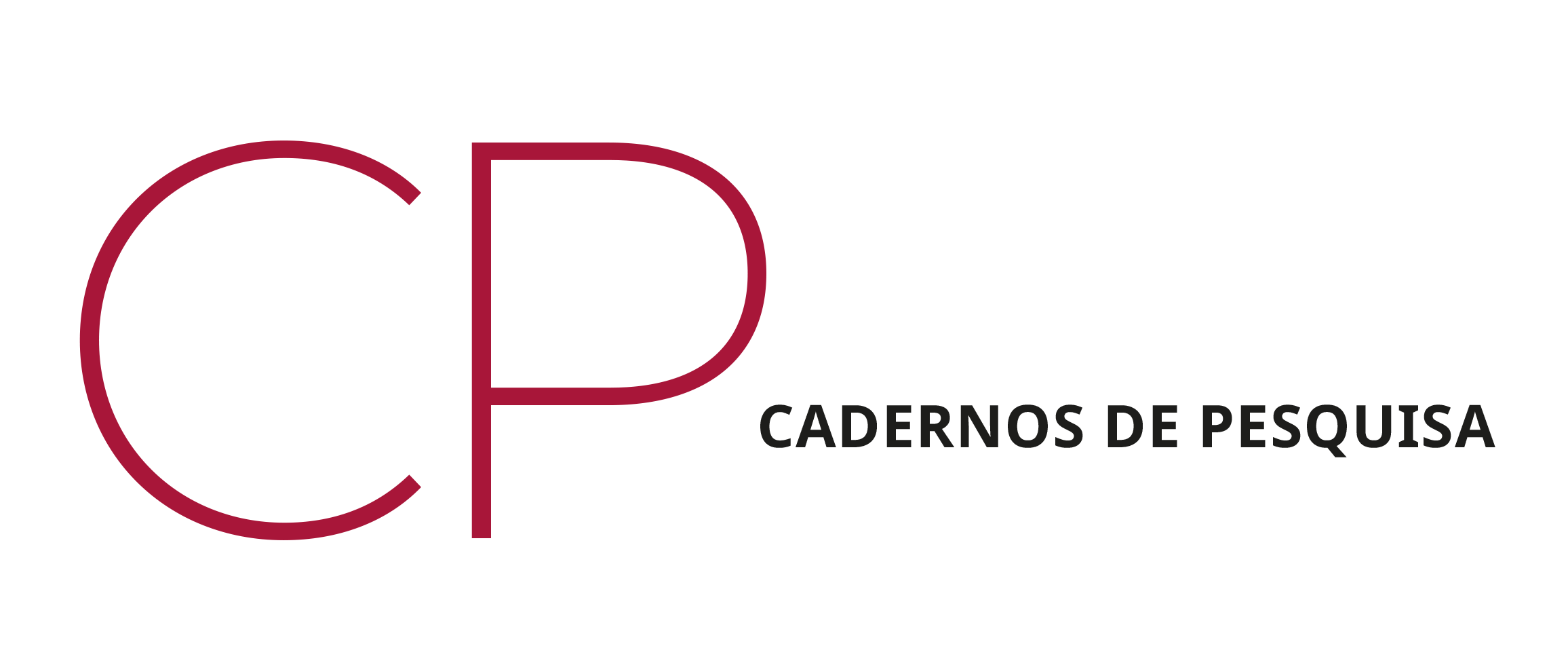The text analyzes the data obtained from a study into the use of Quality Indicators in Education - Indique -, a participative self-evaluation tool for schools. The study aimed to look for information on how to use the material, its limits and its results, and consisted in interviews and focus groups with technicians from Departments of Education, principals, teachers, employees, students and family members. The analysis, conducted according with the quality standards of evaluation processes and with the contemporary challenges to evaluation proposed by specialists, indicated that the use of Indique meets the usefulness criterion and can maintain an acceptable level of accuracy, thus managing to involve stakeholders in change processes. Evaluation and the actions triggered by it occur within the tension fields that are related to evaluation models, to the sharing of knowledge by teachers (especially knowledge of an educational nature) and to a reluctance to participate, among others. Indique is considered simple and feasible by most respondents. However, this feasibility has its limitations: it comes up against the dependence of schools on managing bodies and even of Departments of Education on the external agencies that encourage its use
quality of education; educational policies; educational evaluation; school

